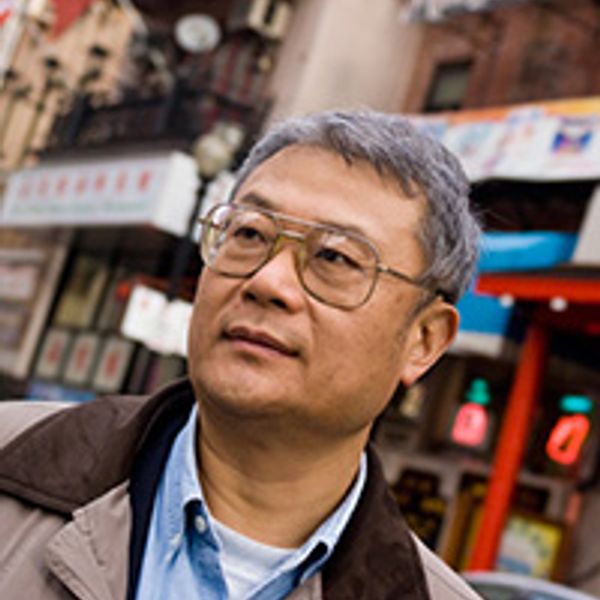Malak Mattar, Untitled (detail), 2024, charcoal on paper
I Woke Up—Smiling
to L.Y.
I was told that I was a sad man.
Sadness is a fatal disease in this place
where happiness is a key to success.
If you are sad, you are doomed to fail—
you can’t please your boss,
your long face won’t attract customers,
a few sighs are enough
to let your friends down.
Yesterday afternoon I met Pham,
a Vietnamese man who was once a general.
He came to this country
after nine years’ imprisonment.
Now he works hard as a custodian
and always avoids
meeting his former soldiers here,
because every one of them
is doing better than he is.
“Sadness,” he told me,
“is a luxury for me.
I have no time for it.
If I feel sad
I won’t be able to support my family.”
His words filled me with shame,
although I learned long ago
that a busy bee feels no sorrow.
He made me realize I’m still a fortunate one
and ought to be happy and grateful
for having food in my stomach
and books to read.
I returned home humming a cheerful tune;
my wife smiled wondering
why I suddenly became lighthearted;
my son followed me, laughing and frolicking,
as I was capering on the floor.
Last night
I went to a party in my dream.
Voices and laughter were drifting in a large hall
that was full of paintings and calligraphy.
Strolling with ease
I ran into the handwriting of yours
hung in the air
piece by piece waving like wings.
Dumbfounded, I turned
and saw you sitting on a chair,
motionless, the same lean detached face,
only your blue clothes had grown darker.
Something snapped in my chest
and my tears flowed.
What’s the use of promising?
I have promised, a hundred times,
but never returned. Wherever we go
our cause is the same:
to make a living and raise children.
If a poem arises, it’s merely
an accidental blessing.
For several hours my heart ached,
but I woke up—smiling.

Ha Jin’s most recent books are the novels The Boat Rocker (2016), A Map of Betrayal (2014), and Nanjing Requiem (2011). His writing first appeared in AGNI when he was a graduate student at Brandeis University. He has since published eight novels, six collections of poetry, four short story collections, and one book of essays. His novel Waiting (1999), based on his experiences during five years in the Red Army, won the National Book Award and the PEN/ Faulkner Award. He received the PEN/Hemingway Award for his first story collection, Ocean of Words (1996), and the Flannery O’Connor Prize for his second, Under the Red Flag (1997). In 2005 he received a second PEN/ Faulkner for War Trash and was elected to the American Academy of Arts and Sciences. He is the director of the Creating Writing Program at Boston University and a member of AGNI’s Advisory Board. (updated 5/2018)
Ha Jin’s story “My Best Soldier,” first published in AGNI 33, was reprinted in The Pushcart Book of Short Stories: The Best Short Stories from a Quarter-Century of the Pushcart Prize.
Read “On Language and Embracing Failure as a Writer: An Interview with Ha Jin” by Jessica Keener.
